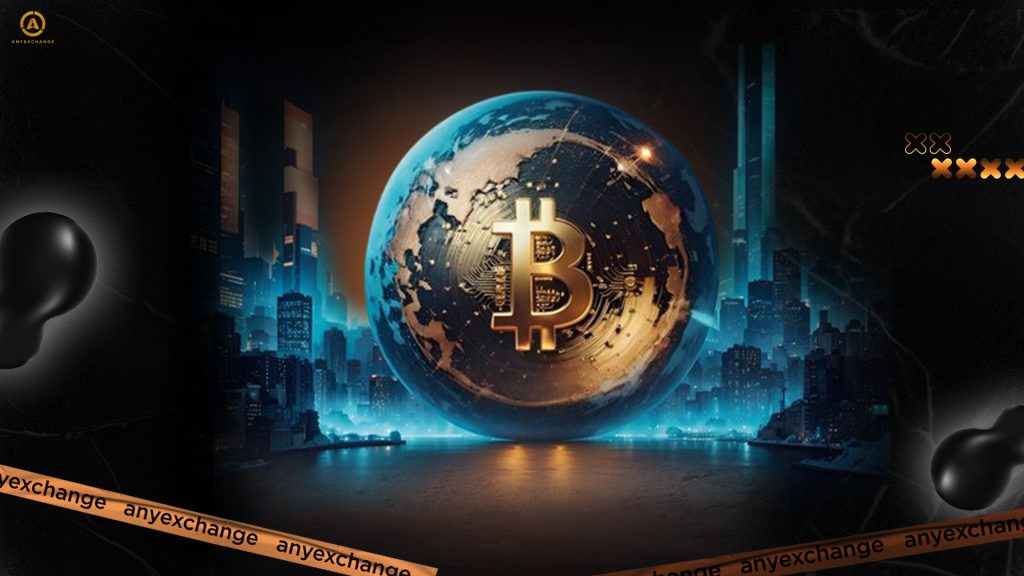The interplay between technology and global politics is becoming increasingly critical in the swiftly evolving world of cryptocurrencies. Geopolitics is establishing itself as a potent force that will influence the trajectory of crypto for years to come, as digital assets continue to challenge national sovereignty over money and disrupt traditional finance.
This post will investigate the significance of understanding the impact of geopolitical tensions, regulatory competition, and international collaborations on the future of crypto, and the importance of this dynamic for investors, developers, and policymakers.
Cryptocurrency at the Intersection of Global Power
The fundamental promise of cryptocurrency is decentralization, which transcends borders, intermediaries, and centralized control. Conversely, the crypto ecosystem is intricately linked to geopolitical realities:
* **National interests:** Countries perceive cryptocurrency as both a threat to monetary sovereignty and an opportunity. * **Regulatory battles:** Different jurisdictions are vying to establish regulations that either encourage innovation or implement stringent controls.
* **Strategic use:** Certain nations are investigating the potential of cryptocurrency to circumvent sanctions, increase financial inclusion, or establish technological leadership.
Geopolitical Flashpoints Affecting Cryptocurrency
1. **Rivalry between the United States and China**
The two largest economies in the world are engaged in a variety of competitions, including the pursuit of technological dominance and trade. This antagonism is fundamentally centered around cryptocurrency:
* **China:** China is making significant strides in the development of its Digital Yuan (CBDC) and blockchain infrastructure, despite the fact that the majority of crypto activities are prohibited within the country.
* **United States:** In addition to strategic investments in crypto research, the United States advocates for regulatory frameworks that prioritize investor protection and innovation.
This competition has the potential to encourage innovation, but it may also lead to an increase in fragmentation, as crypto ecosystems develop in accordance with national regulations rather than global standards.
2. **The Role of Cryptocurrency and Sanctions**
The United States and its allies implement sanctions regimes that concentrate on nations such as Venezuela, Russia, and Iran. Cryptocurrency provides a contentious conduit for sanctioned entities to access global finance, resulting in:
* Increased scrutiny and enforcement by Western regulators. * The development of new technologies for the purpose of compliance and the monitoring of blockchain transactions. * The ongoing debate regarding the role of crypto in the enforcement or evasion of international law.
3. **Regulatory Objectives of the European Union**
The EU’s Markets in Crypto-Assets (MiCA) regulation is designed to establish a unified framework for crypto assets, with a focus on market integrity and consumer protection. If it is successful, it could establish a global regulatory standard, which could impact the way in which other regions approach crypto governance.
The Role of Geopolitics in the Acceleration of Innovation and Adoption
Although geopolitical tensions present obstacles, they can also expedite the adoption and development of cryptocurrency:
* **Digital sovereignty:** States may establish national or regional crypto infrastructures to mitigate their dependence on foreign payment systems. * **Cross-border trade:** Blockchain technology can facilitate international trade and remittances in the face of geopolitical uncertainties.
* **Technological diplomacy:** Crypto collaborations may serve as a means of international engagement and soft influence.
Risks of Geopolitical Fragmentation
A significant risk is the **fragmentation of the global crypto ecosystem** as a result of geopolitical rivalries:
* Enhanced censorship and restrictions on crypto flows. * Reduced interoperability and liquidity. * Multiple incompatible CBDCs and blockchain standards in place.
The potential of crypto to facilitate borderless finance and innovation may be restricted by this “splinternet.”
🌐 Prospective: The Geopolitical Crypto Landscape
It is no longer optional for investors, developers, and policymakers to comprehend geopolitics. In order to navigate the future of cryptocurrency, it is necessary to:
* Tracking the evolution of regulatory environments.
* Developing technology that is both compliant and adaptable.
* Participating in international discussions to establish uniform standards.
* Appreciating the function of crypto in broader geopolitical strategies.
Concluding thoughts
Cryptocurrency is a geopolitical phenomenon that is revolutionizing the way states wield power and how individuals transact across borders, transcending mere technology. Geopolitics will still be a defining force in the digital asset space as it matures, presenting both opportunities and challenges.
**What is your assessment of the impact of geopolitics on the cryptocurrency industry over the next decade? Participate in the dialogue that follows!

Leave a Reply